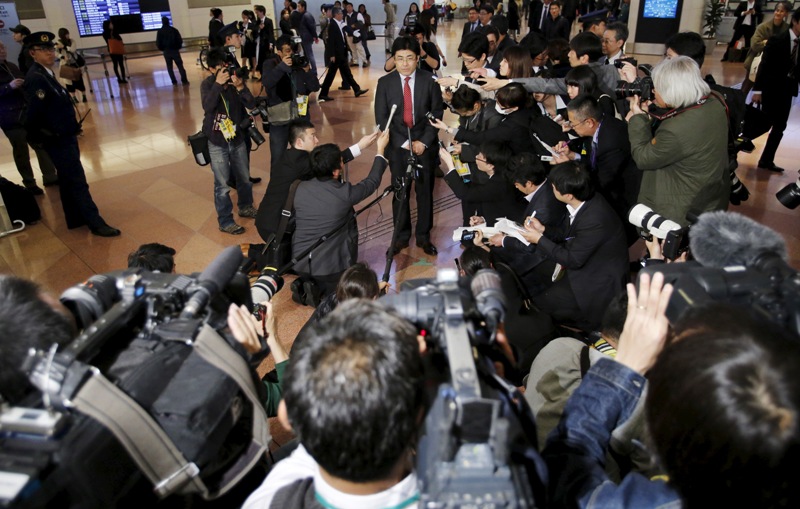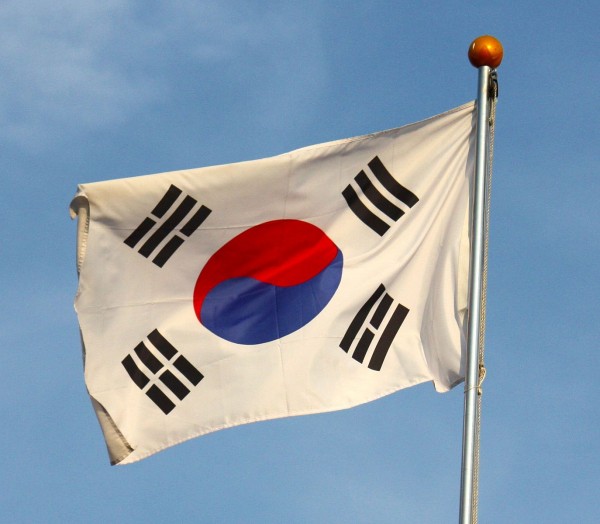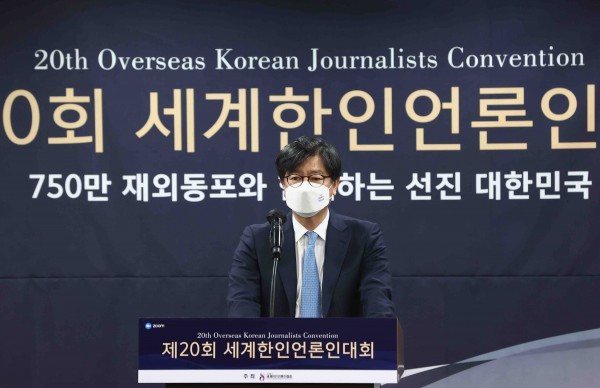A decision by South Korean prosecutors to seek jail time for a Japanese journalist accused of defaming the South Korean president risks chilling media coverage of political figures, the International Press Institute (IPI) said today.
Prosecutors announced on Monday that they would request an 18-month prison sentence for Tatsuya Kato, former Seoul bureau chief of the Sankei Shimbun newspaper, over an article questioning President Park Geun-hye’s whereabouts during a tragic ferry accident in April 2014 that resulted in over 300 deaths.
According to South Korea’s Yonhap news agency, prosecutors concluded that Kato had unlawfully damaged Park’s reputation “by indicating without any proof that [she] had improper relations”.
Kato’s article, published in August 2014, alleged that Park’s apparent absence on the day of the accident was due to a secret personal meeting. The claim was reportedly based on rumours, which are said to have had appeared in some Korean media outlets, suggesting a relationship between Park and a male former aide. The article was published amid public criticism of the South Korean government’s – and Park’s in particular – handling of the sinking.
IPI Director of Press Freedom Programmes Scott Griffen said this week’s decision by South Korean prosecutors continued a pattern of “dangerous overreaction” in the case.
“The criminal prosecution of Mr. Kato, to say nothing of a possible sentence of imprisonment, is wholly unnecessary in a democratic society such as South Korea and risks casting a wider chilling effect on the media,” he said.
“If there is a case against Mr. Kato, it should be heard in civil court. But being a democratically elected leader means accepting that freedom of expression and the public’s right to scrutinise the actions of those in power may, at times, give rise to unpleasantries. We therefore urge President Park and government prosecutors to consider the broader harm this prosecution could do to free and open debate in South Korea, and drop the case.”
Kato was indicted on defamation charges in October 2014 and initially faced up to seven years in prison, as IPI previously reported. He was barred from leaving South Korea until April 2015, when the travel ban was lifted due to the ailing health of his mother in Japan.
Having returned to South Korea, Kato attended a hearing at the Seoul Central District Court on Monday during which prosecutors demanded an 18-month prison term. Prosecutors argued that Kato knowingly published groundless rumours, therefore clearly intending to slander President Park.
Kato has reportedly denied the charges. “I want the court to issue a decision appropriate to a nation under the rule of law based on the common sense of the international community and the South Korean people’s conscience about media freedom,” he said during the hearing, according to Japanese media.
Sentencing in the case is scheduled for November 26.
The U.N. Human Rights Committee, which is responsible for interpreting the International Covenant on Civil and Political Rights, to which South Korea is a party, has stated clearly that imprisonment “is never an appropriate penalty” for defamation. The Committee has further urged states to consider repealing criminal defamation laws.
In a 2002 joint declaration, the U.N. Special Rapporteur on Freedom of Opinion and Expression, the OSCE Representative on Freedom of the Media and the OAS Special Rapporteur on Freedom of Expression stated: “Criminal defamation is not a justifiable restriction on freedom of expression; all criminal defamation laws should be abolished and replaced, where necessary, with appropriate civil defamation laws.”



